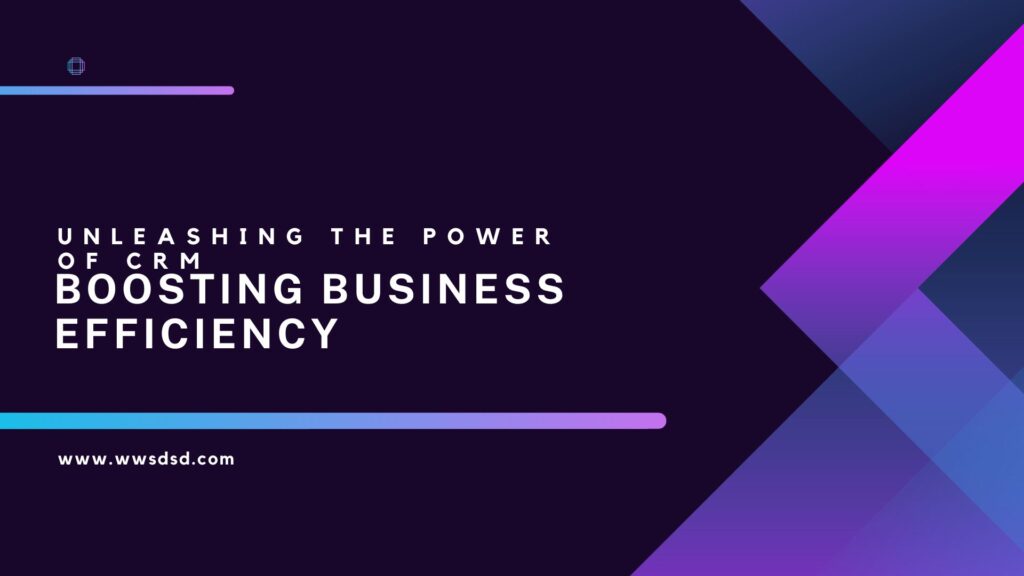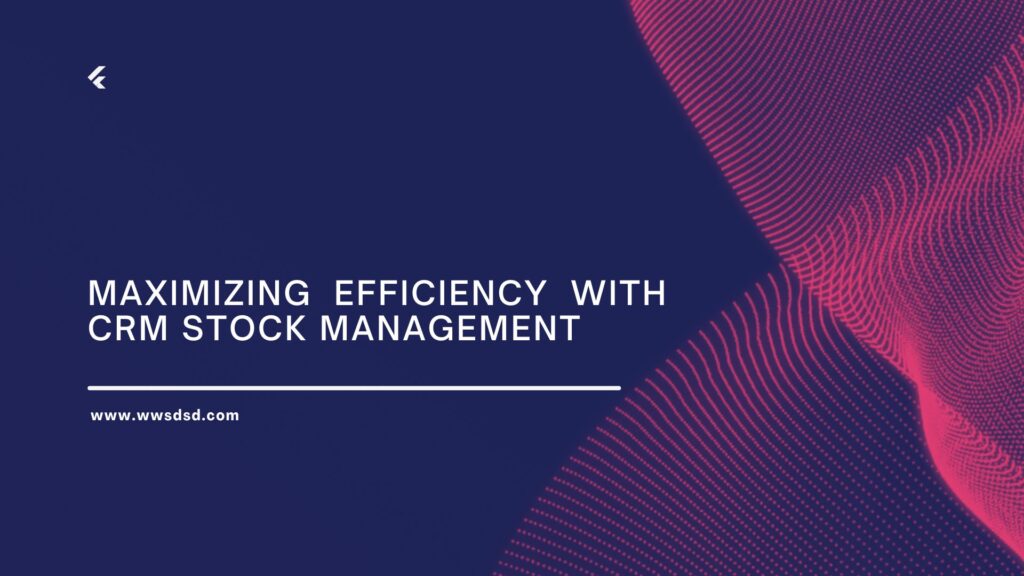In today’s dynamic business landscape, efficiency and informed decision-making are crucial factors for success. Effective customer relationship management (CRM):Customer Relationship Management) and enterprise resource planning (ERP):Enterprise Resource Planning) are two fundamental pillars for achieving this goal. However, their true potential is unlocked when they are strategically integrated, creating a synergy that drives growth and profitability. This article will explore the importance of CRM and ERP integration, highlighting the benefits, challenges, and best practices for successful implementation. It will analyze, among other platforms, integration with Salesforce CRM, a leader in the customer relationship management market.
1. Understanding the Power of Integration: CRM and ERP Working Together
Before delving into integration, it’s crucial to understand the individual functions of each system. A CRM, like Salesforce CRM, focuses on managing customer interactions, from prospecting to engagement. It stores valuable information about customers, sales opportunities, marketing campaigns, and interaction history. An ERP, on the other hand, manages a company’s internal operations, including inventory management, supply chain, finance, production, and human resources. The information contained in an ERP is essential for strategic decision-making and process optimization.
CRM and ERP integration eliminates information silos, creating a unified and holistic view of the business. Imagine the following situation: a sales representative needs information about a customer’s order history for a deal. With integrated systems, this information is instantly available, without having to consult multiple databases or systems. This streamlines processes, improves information accuracy, and enables more personalized and efficient customer service. Integration allows, for example, new order information in the ERP to be automatically reflected in the CRM, updating the customer’s history and associated sales opportunities.
2. Key Benefits of CRM & ERP Integration
The strategic integration of CRM and ERP offers a wide range of tangible and intangible benefits. Some of the most important are:
* Improving decision-making:By gaining a complete view of operations and customer relationships, senior management can make more informed and strategic decisions based on real, accurate data.
* Process automation:Integration automates repetitive tasks such as data updates, report generation, and workflow management, freeing up time for higher-value tasks.
* Greater operational efficiency:Eliminating information silos and automating processes leads to greater efficiency in all areas of the business, from sales and marketing to finance and production.
* Better customer experience:Centralized information enables more personalized and proactive customer service, improving satisfaction and loyalty.
* Increased productivity:By simplifying processes and automating tasks, employees can focus on strategic activities, increasing their productivity and efficiency.
* More accurate sales prediction:Combining sales data (CRM) and operational data (ERP) enables more accurate sales forecasting, improving planning and resource management.
* Better inventory management:Integration enables better inventory management, avoiding overstocks and stockouts, which optimizes the supply chain and reduces costs.
3. Challenges and Considerations for a Successful Implementation
Despite the numerous benefits, CRM and ERP integration presents some challenges that must be carefully addressed:
* Technical complexity:Systems integration can be complex and require careful planning and the expertise of qualified professionals.
* Implementation costs:Integration involves costs for software, hardware, consulting, and training. It’s essential to conduct a cost-benefit analysis before beginning the process.
* Data integration:Integrating data from different systems can be complex, requiring data cleansing and standardization.
* Resistance to change:Implementing a new integrated system can generate resistance to change among employees. Proper communication and training are essential to mitigate this problem.
* Selecting the integration tool:There are different tools and methodologies for CRM and ERP integration. The choice of the right tool will depend on the company’s specific needs. Some companies opt for pre-integrated solutions, while others prefer to develop custom integrations.
4. Best Practices for CRM & ERP Integration
To ensure a successful integration, it is crucial to follow these best practices:
* Define clear objectives:Before starting the process, it’s essential to define the specific objectives you’re seeking to achieve with the integration. This will help guide the process and measure the success of the implementation.
* Careful planning:Thorough planning is essential to minimize risks and ensure efficient implementation. This includes selecting the integration tool, defining integration processes, and allocating resources.
* Selecting a suitable technology partner:Selecting a technology partner with experience in CRM and ERP integration is crucial to the success of the project.
* Employee training:It is essential to train employees on the new integrated system to ensure its adoption and maximize its efficiency.
* Monitoring and maintenance:After implementation, it is important to monitor the system and perform the necessary maintenance to ensure its proper functioning.
5. Conclusion: The Integrated Future of Your Business
The strategic integration of CRM and ERP is not simply a technological improvement; it is a fundamental transformation that boosts business growth and competitiveness. By connecting these two key systems, companies can automate processes, improve decision-making, optimize operations, and, most importantly, deliver an exceptional customer experience. Successful implementation requires careful planning, the selection of the right tool, and a clear strategy for managing change. Companies that embrace this strategic integration will be better positioned to thrive in an increasingly competitive market. Remember that platforms like Salesforce CRM offer robust integration capabilities, facilitating this process and maximizing return on investment. The path to efficiency and innovation lies through automation and the intelligent connection of your business systems. Harness the power of CRM and ERP integration to drive your business growth and achieve success.

